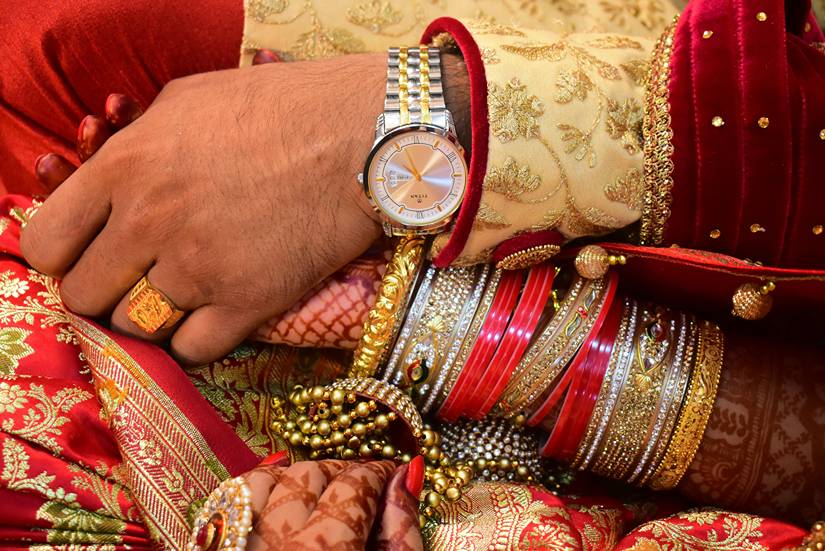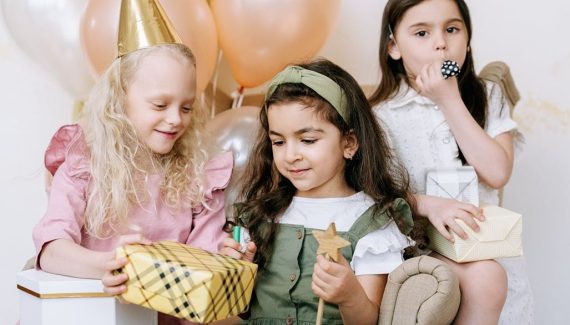Walima, a significant event in a Muslim marriage, is the final celebration in a series of matrimonial festivities that bring two families together. Curious about the rich customs and traditions of a Walima? Read on as we provide a comprehensive guide on this widely celebrated Muslim wedding event, cherished by millions around the world including the Indian audience. In this article, we’ll explore the customs and traditions of a Walima, all while unfolding the cultural significance it holds in the lives of both the bride and groom.

Contents
Understanding Walima: An Overview
Walima, also known as the wedding banquet, is an essential Sunnah (recommended) practice in Islam, showcasing the newlyweds’ happiness. This occasion marks the conclusion of their Nikah (marriage) ceremony, with the groom hosting a sumptuous feast to celebrate his joy with friends, family, and the community.
The Grand Walima Invitation
Elegant in design, Muslim Wedding Cards play an important role in setting the tone for a Walima. These invitations are intricately decorated, and the text reflects the beautiful essence of traditional Arabic calligraphy. The true glimpse of the grandiosity of a Walima is depicted in the way these invitations are designed and sent out to loved ones.
Journey into the Splendid Customs of a Walima
1. Preparing for the Grand Feast:
Planning a Walima is both exciting and time-consuming, as it entails multiple tasks. From selecting the venue, and finalizing the menu, to choosing the perfect decor and sending out wedding cards, the preparation begins months in advance.
2. The rich Cuisine:
A prominent part of the Walima is the exquisite cuisine served at the feast. A wide range of delectable dishes reflecting traditional tastes and regional gastronomies await the guests, making the meal an unforgettable culinary experience.
3. Welcome to the Walima:
Guests receive a warm welcome with a welcome drink, rose water, or a refreshing beverage upon arrival. From there, guests are seated according to the assigned gender-separated areas, a common practice in Muslim cultures.
4. Recitation of Quranic Verses:
It is common to begin the Walima by reciting Quranic verses in the presence of the assembled guests. This practice signifies invoking the blessings of Allah for the newlyweds and their future lives together.
5. The Moment of Nikah:
During the Walima, the spouses sit side by side among their family members, friends, and well-wishers. It is an emotional and culturally significant moment, symbolizing the union of the bride and the groom as life partners.
6. The Exchange of Gifts:
Following the Nikah, the bride and the groom exchange gifts, known as Mahr. In line with Islamic teachings, Mahr is a gift given by the groom to the bride as a mark of commitment and respect. The act of giving Mahr is fundamental to Islamic marriages.
7. The Bride’s Rukhsati:
Rukhsati, during a Walima, is a heartfelt moment. It’s when the bride, in a flood of mixed emotions, leaves her childhood home to start her new life with her husband. Amidst teary-eyed goodbyes and cheerful blessings, they step together onto the path of their shared journey.
8. Concluding the Walima:
Near the conclusion of the wedding festivities, there is a unique opportunity for the groom’s relatives or a revered religious figure to gather as one. They make a touching du’a (prayer), asking Allah to bless the newlyweds with love, wealth, and happiness during their marriage.
Planning Tips For Walima
Get An Early Start:
Begin your Walima planning as soon as the date is finalized.
Money Matters:
It’s important to figure out your budget before diving into the details of the event.
Delectable Delights:
Remember, a good host always considers their guest’s dietary preferences – so don’t forget to cater to those while planning your menu.
Captivating Invitations:
Make sure your wedding cards echo the warmth and grandeur of the Walima you’re preparing for them.
Picturesque Memories:
Amidst all the planning hustle, don’t forget to arrange for professional photographers and videographers. After all, they are the ones who’ll capture the beautiful moments you’ll look back at and cherish for years to come.
The Cultural Significance of Walima
Walima – isn’t it delightful? It has a special position in Islamic customs. Beautiful, eh? Walima is a celebration of love, togetherness, and marriage, not merely a wedding feast. Imagine a beautifully written invitation with lyrical handwriting. Imagine the pair exchanging presents with a loving glance, their love reflecting their peacefulness. Every element reflects the perfect balance of Islamic teachings and diverse cultural customs.


